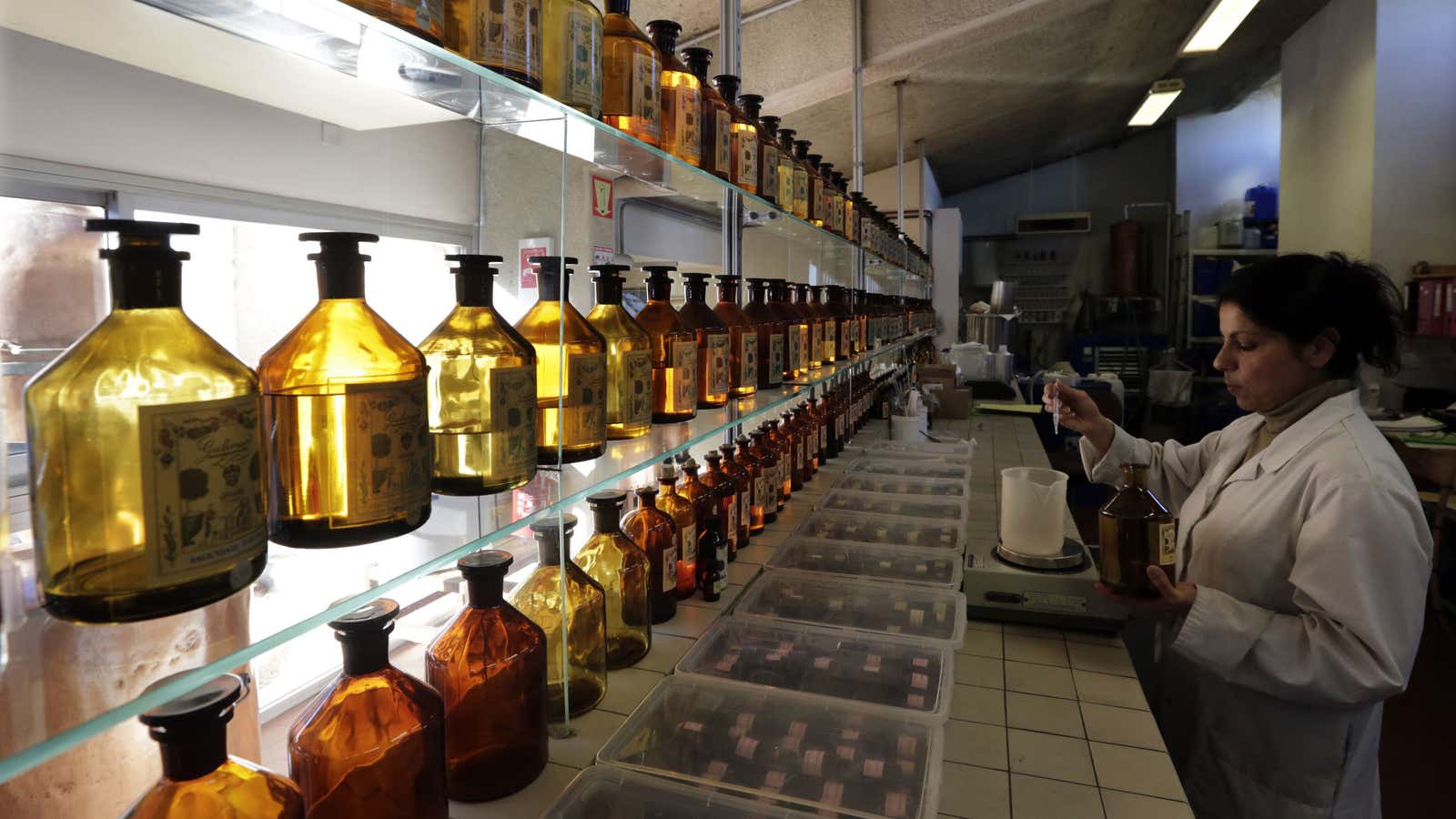Smell can add ambience to your retail experience, but can the right scent really get you to stay longer and purchase more?
Consumer researchers say the answer is a pretty overwhelming affirmative. Researchers have found that smell effects consumer thoughts and spending behavior, product judgements (pdf), judgements on store environments and intentions on visiting stores.
More recently, a study published in January (pdf) in the International Journal of Marketing Studies surveyed 400 customers and examined the effect of the presence and absence of an ambient scent on customers. Researchers reaffirmed that customers “felt greater pleasure and stimulation, expressed intention to revisit the store and spent more in a scented environment than in an unscented one.”
“Smell is one of the most unique of human senses,” said Jennifer Dublino, vice president of development at ScentWorld Events, the scent marketing industry’s US-based trade group. “Scent enters the limbic system [of the brain] and bypasses all of the cognitive and logical thought processes and goes directly to the emotional and memory areas of the brain. There’s an instant effect on the customer.”
According to Dublino, the global scent marketing industry is growing at a rate of 15% per year. Asia is the fastest-growing market, with Latin America and the Middle East following closely behind.
So how do you actually use scents to sell?
“We look for inspiration in everything from the customer’s overall corporate objectives right down to store material or the types of employee interaction with their consumers,” wrote Ed Burke, director of marketing and communications for ScentAir, a major US-based scent marketing company, in an e-mail to Quartz.
When a brand approaches ScentAir, Ed Burke, the company’s director of marketing and communications explains, the company’s fragrance development team tests different ingredients to arrive at a scent that most adequately suits that brand’s image. Scents are broken up into “families” ranging from aromatic to woody and attributes range from clean to warm. The best scents for a retailer may vary based on the image that store is trying to portray, Burke explains. ScentAir has 80,000 client locations in 109 countries—major customers include United Colors of Benetton and Hugo Boss.
In fact, scent has been found to be such an effectively subtle means of boosting sales, a new question has emerged: Is it ethical?
“Scent affects mood and scent affects emotion,” says Kevin Bradford, a marketing professor at the University of Notre Dame’s Mendoza College of Business told Canada’s Globe & Mail recently. “It works without you having the opportunity to filter it. To me, that is extremely unethical.”
